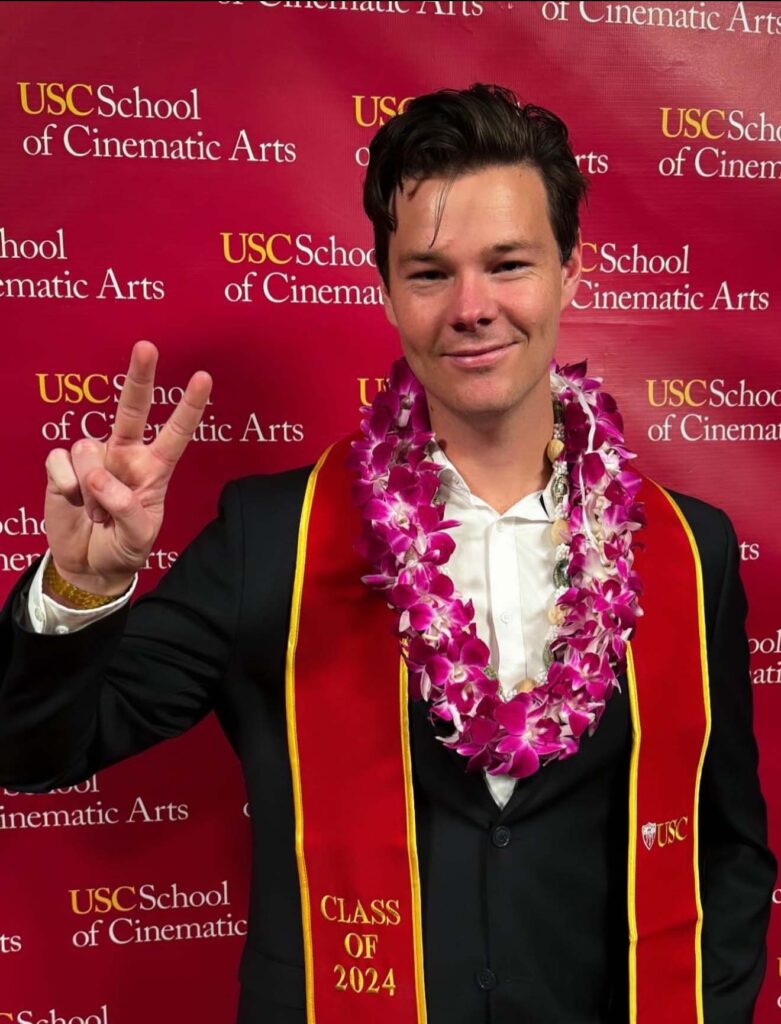Zimbabwe may soon find itself in the global film spotlight. As Hollywood searches for fresh narratives beyond recycled franchises and overextended intellectual property, Zimbabwean-born producer Dylan Woodhouse believes the country is ready to step forward as a source of world-class stories.
Woodhouse, now based in Los Angeles and working with Unrealistic Ideas, the non-scripted studio founded by Mark Wahlberg, is positioning Zimbabwe not just as a market but as a creative hub.
His mission: to turn local stories into globally viable intellectual property, developed with cultural integrity and commercial vision.
“Zimbabwe is not waiting to be discovered,” Woodhouse said. “We have the talent. We have the stories. All we need now is the platform — and that’s what I’m building.”
From mythology and liberation struggles to contemporary youth culture, Zimbabwe offers a wealth of narratives with both cultural depth and international appeal.
Local creators are increasingly fluent in balancing tradition with modern innovation, producing art, music, fashion, and digital content that resonates beyond national borders.
Streamers’ growing appetite for authentic, culturally specific stories aligns with what Zimbabwe can offer.
“We’re not pitching stereotypes. We’re presenting stories that stand on their own,” Woodhouse noted. “That could be a documentary, a family drama, or a survival story that begins in Zimbabwe and connects with audiences anywhere.”

At Unrealistic Ideas, Woodhouse has worked across premium documentary and scripted projects, collaborating with major global streamers and collecting awards along the way.
He is currently developing multiple Zimbabwe-rooted projects in documentary, lifestyle, and unscripted formats. His broader goal is to normalise Zimbabwe as part of the global storytelling ecosystem.
“The aim isn’t just to get one Zimbabwean show made,” he said. “It’s to establish Zimbabwe as a consistent source of content and a production hub in its own right.”
Woodhouse emphasises that his approach is different from earlier attempts to “feature” African content through external lenses. His model prioritises authorship and ownership by Zimbabwean creatives.
This ensures cultural authenticity while giving local talent opportunities to benefit directly from the international success of their work.
By investing in development and building partnerships early, Woodhouse hopes to create an IP ecosystem that elevates Zimbabwean stories while retaining creative control.










Share Your Comments